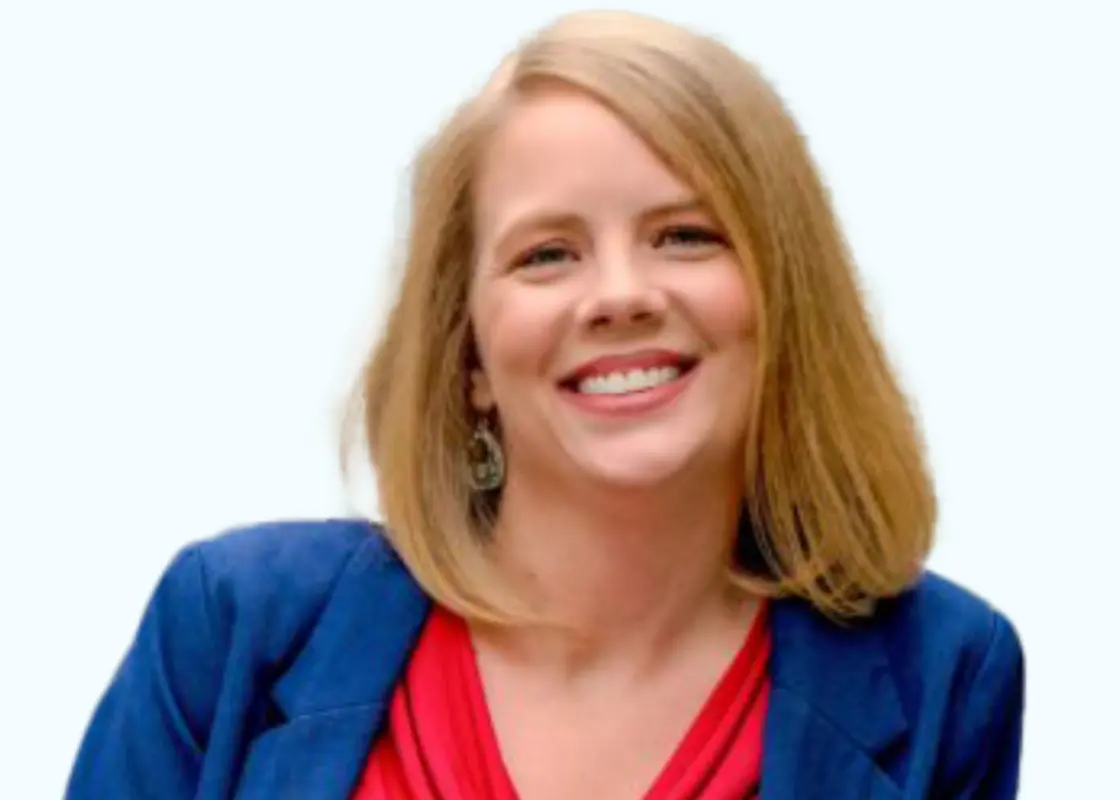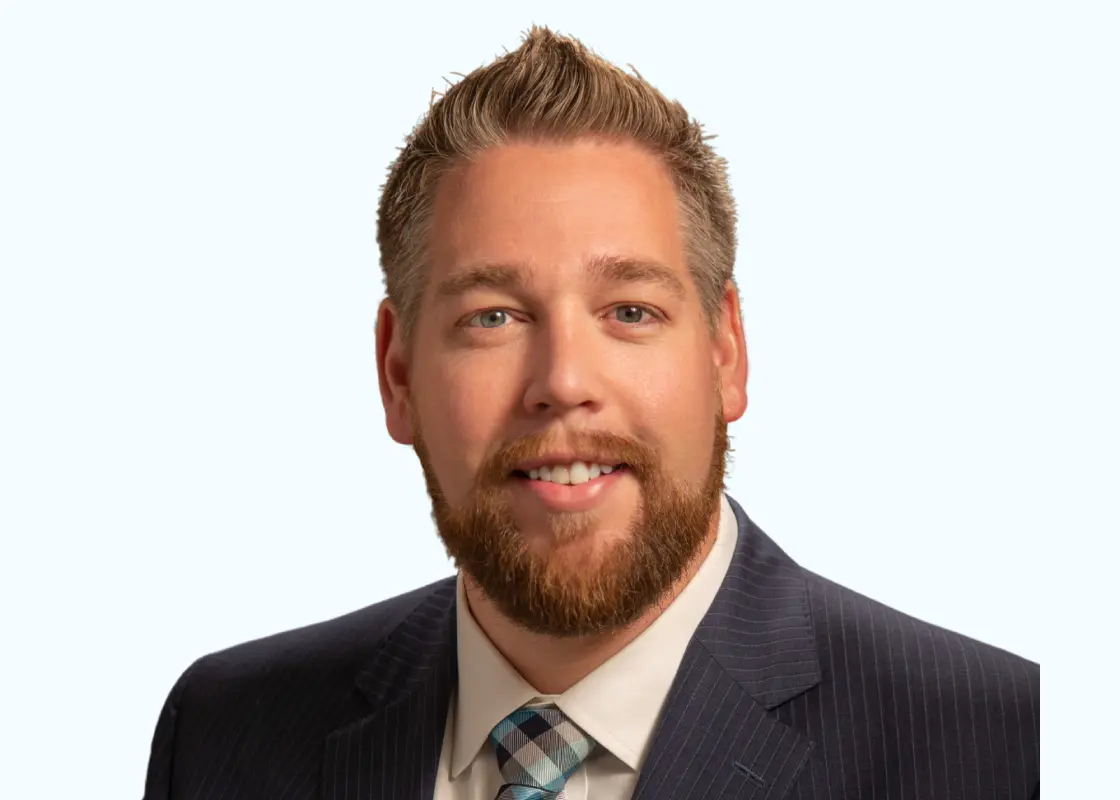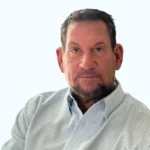Cayuga Hospitality Consultants Panel: Evolving Technology and Revenue Strategy
During the Cayuga Hospitality Consultants Annual Conference 2023 in Dallas, a panel discussion was hosted around “Evolving Technology and Revenue Strategy”.
Moderator: Stephanie Smith, Cayuga Hospitality Consultants Partner and Cogwheel Marketing & Analytics CEO
Panelists:
Kate Burda > Kate Burda & Co, Principal
Frank Trampert > Sabre, SVP & Global MD
Connor Vanderholm > Co-Founder & CEO at Topline Revenue, Consultant at Cayuga Hospitality Consultants
Hotel Technology Adoption & Learning from other Industries
Q: The hospitality industry gets a bad rap for being late adopters to technology. What do you see as the biggest obstacles and opportunities to innovation in the hospitality industry?
Frank: We have seen a dramatic change over the past two years, where the industry grapples with a labor shortage, focusing on short-term operations rather than future planning. The prevailing three-month outlook hinders strategic positioning for long-term success. Overcoming this obstacle involves fostering interest in future-oriented thinking beyond the guestroom that encourages a trial-and-error approach, particularly in adopting new tech. The emphasis is on educating hotel partners to embrace experimentation, breaking away from the historical perfection mindset that stifles growth.
Kate: Hospitality leaders often react with surprise when I mention I work a lot outside the industry, questioning why. I believe this stems from an insular mindset that lacks external perspectives. My research on innovation, measured by patents showed very limited progress. The challenge lies in the absence of “outside in” thinking, hindering problem identification. I advocate for bringing in diverse perspectives, like ours, to challenge the status quo, offer insights, and bring valuable external perspectives to the hotel industry.
Connor: Generational shifts in the hotel industry excite me as the first-generation hoteliers pass the reins to their tech-savvy children. These new leaders, frustrated with outdated systems, eagerly adopt technology. Their dissatisfaction with antiquated tools and a desire for modern, mobile-friendly solutions propel the industry forward. It’s encouraging to witness this transition, emphasizing the need for technology to align with current trends and drive innovation into the future.
Q: What can hospitality learn from other industries to help innovate?
Frank: Imagine finding a tent, rucksack, and sleeping bag at an affordable price, thanks to clever AI analyzing shopping patterns. We urge hotels to evolve beyond traditional accommodation and embrace a retailing mindset. Our goal is to digitize assets, integrating them into the purchasing funnel from the start for direct business growth. Overcoming the central reservation system challenge, we’ve invested three years to make hotel offerings, beyond just rooms, available on the website from Q2 next year. This includes spa services, dinner reservations, and branded items, providing an Amazon Prime-like experience with quick bookings and deliveries. The aim is to encourage hotels to broaden their offerings and think beyond traditional accommodations.
Merchandising & Personalization
Q: Each of you have thoughts on merchandising and the customer experience. Let’s dig into how we need to change our mindsets to adapt to the changing customer.
Kate: We currently face a challenge in truly understanding our customers, particularly with segments like “Bleisure.”
We lack understanding of our customers, particularly in the Bleisure segment. Our approach to customer experience is limited, focusing mainly on the purchase phase rather than engaging throughout the buying cycle. There’s a need for reinvention, mirroring other industries that excel in understanding customer segmentation. We must shift from a commoditized sale mindset to owning mindshare, leading to a share of wallet and overall success. Currently, our knowledge about distribution is insufficient.
Frank: Recently at a revenue summit, attended by 75 competent revenue managers, the discussion heavily centered around room categorization and rate optimization, with minimal focus on ancillary sales. The challenge is encouraging these experts to think more broadly about digitizing offerings beyond immediate needs. Historically, there was no distribution department, but now it’s commonplace. In the future, there may be a need for a merchandising department. The industry should guide hoteliers to invest more in these new revenue generating areas and embrace a trial-and-error approach.
Fallacies in current Revenue Strategy
Q: Hotel Commercial strategy (the intersection of sales, marketing and revenue management) is everywhere. But, we still haven’t figured it out. What do you see as the current fallacies in our revenue strategies?
Kate: Revenue management has basically just a little revenue management. The essence of revenue management lies in efficiently managing establishments and creating demand through sales and marketing. However, there’s a perceived loss of edge, especially in outdated sales approaches. Even with recent improvements, challenges persist, notably in aligning language between asset managers and investors for effective communication. To achieve next-gen thinking, a focus on adapting to the customer’s journey is crucial.
Frank: Something interesting to think about, in revenue management, to achieve a 3 or 5% lift is huge, right? However, the potential for exponential growth becomes apparent when introducing digital products. This opens up new revenue streams by offering highly curated, personalized pre-stay offers far exceeding traditional ROIs (10x, 20x). Despite challenges, firsthand examples illustrate the transformative impact of embracing digital strategies.
Connor: I’m really curious and I’ve thought a lot about the concept of creating demand. And I haven’t been able to square the idea of how that I can create demand. While tapping into new markets or channels for ancillary revenues, it’s unclear how to genuinely create demand. Marketing and sales come closest by convincing individuals to choose a destination or make a purchase. However, the question remains about the actual impact of rate changes on inspiring someone to visit a city who wasn’t already inclined to do so.
I’m particularly enthusiastic about the potential for ancillary revenues through asset or attribute-based pricing, incorporating add-ons. This approach allows us to tap into new markets and generate revenue without necessarily having to create demand. It’s exciting because it provides a practical avenue for driving revenue without relying on the challenge of creating new demand.
Artificial intelligence in Hospitality
Q: We can’t get away from talking about AI. What are some applicable use cases or examples you have seen?
Kate: In the realm of revenue strategy, the challenge lies in transitioning from traditional, often ineffective methods to a more impactful and strategic approach. Many teams default to familiar activities for the sake of busyness, but the key is shifting from mere activity to measurable impact. AI emerges as a solution by enabling teams to become more predictive and strategic, providing a differentiated playbook for focused action. Currently, there’s a substantial gap, averaging 1.2 to 3 million dollars, between strategy and actual impact. AI offers the opportunity to bridge this gap by offering improved playbooks for more effective execution.
Frank: So Chuck and I collaborated over a decade ago on an intriguing project centered around Artificial Intelligence, at the time it was focused on semantic analysis of customer sentiments. This particular version of AI analyzed the context and meaning within sentences, distinguishing sentiments such as positive, negative, or neutral. While several forms of AI have been available for a long time, recent advancements in generative AI have significantly enhanced its applicability and usability. This improvement has paved the way for customer-facing applications, enabling companies to establish more nuanced connections with customers. The goal is not to replace individuals but to streamline processes, allowing human employees to focus on tasks that require uniquely human skills. For routine queries, AI can rapidly provide answers, freeing up human resources to address more complex matters. It is also used to improve operational efficiencies by removing the need for tedious, manual tasks.
Connor: The key concept here is that AI should complement rather than replace human decision-making. For example, if I’m tasked with pricing three hotels for the next 365 days, a human being might make around 20 rate changes over the coming months. In contrast, effective revenue management systems, powered by AI, can make over 5,000 rate changes daily, showcasing their superior efficiency. However, there remains a crucial need for human guidance and oversight. Despite AI’s capabilities, we haven’t reached the point of singularity where human involvement becomes obsolete.
Technology Trends for the Future
Q: What technology trends have been accelerated due to the pandemic, and what do you predict will be a trend in the near future?
Kate: In the past three months, many clients have been contemplating workforce reductions, leading to increased workloads for existing teams across commercial disciplines. I think, the focus should shift from doing more to leveraging AI and technology to “do less, make it mean more.” The emphasis is on calibrating and identifying the highest and best use of time, allowing technology to enable efficiency. While discussing advanced concepts, it’s crucial to recognize that hotel-level directors of sales and marketing often lack even the basic technology infrastructure, hindering progress. The challenge is to bridge this gap and explore how technology can be effectively implemented at the hotel level.
Connor: For a new software company without the extensive network of a giant like Sabre, a practical playbook involves starting small and building a client base. Focus on securing a few hundred hotels initially to demonstrate the product’s value. As a secondary chain witnesses the success in 200 to 300 hotels, they become more inclined to adopt the software. The domino effect continues when larger brands like Hyatt notice the adoption, sparking curiosity and creating an appetite within the client base. I think that’s just the natural progression for a software.
Frank: I see an emerging trend where technology solution providers are more willing to work
together to address joint customer needs. Also collaboration is essential, not just for the sake of aligning interests but for true enablement. The existing barrier of incompatible backend technologies necessitates a closer working relationship to overcome challenges. Organizations like AHLA/HTNG, HEDNA, and HSMAI are crucial in accelerating this collaboration. As the industry grapples with issues such as the need for self-enablement, automation and faster time to resolution, working together becomes increasingly vital to address compatibility issues and drive innovation collectively.
Connor: My crystal ball prediction would be that the integration of technology, generative AI, and machine learning in the hotel industry should primarily occur behind the scenes, handling the heavy lifting. While technology enhances operations, the customer-facing aspect must remain experiential. Training staff for excellent operations is crucial, as even business travelers now expect a memorable experience. This desire for experience extends across generations, including the younger workforce. Despite the demand for technology, skepticism arises regarding customer-facing AI, such as check-in kiosks, especially in non-economy scale businesses. Exceptions may apply in economy airport properties catering to travelers seeking a quick, hassle-free experience.
About the Panel
Stephanie Sparks Smith is CEO and Digital Matriarch at Cogwheel Marketing™️ and partner and consultant at Cayuga Hospitality Consultants. Her recent passion includes developing Cogwheel Analytics; a hotel digital marketing reporting and business intelligence (BI) tool that aggregates data from multiple sources to allow companies to identify trends and opportunities in their online presence. Her team at Cogwheel Marketing help management companies identify the gaps between brand and hotel level marketing to drive incremental revenue to their individual Marriott, Hilton, IHG and Hyatt hotels. She is engaged on the HSMAI Marketing Advisory Board Member where she has led committees around DEI, Rising Leaders plus has her CHDM certification. Stephanie is a regular on the speaking network at many hospitality events and conferences highlighted here. Stephanie has an undergraduate degree in Hospitality Tourism Management from Virginia Tech and an MBA from University of Texas at Dallas plus has an Advanced Revenue Management Certificate from Cornell.
Contact Us






